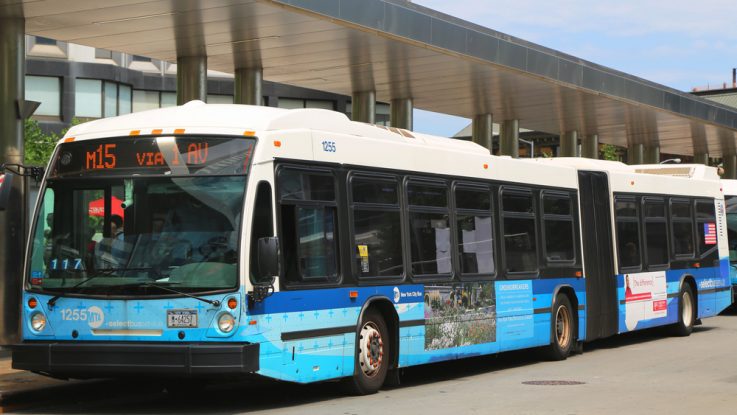
An association of nearly a dozen transit and transportation agencies from around the United States has formed the Automated Bus Consortium – a collaboration designed to investigate the feasibility of implementing pilot automated bus projects.
The group was created by AECOM to accelerate the deployment of automated transit technologies and will combine the purchasing power and collaborative decision-making of the transit agencies.
The Consortium’s founding members include: Dallas Area Rapid Transit (DART); Foothill Transit; Long Beach Transit (LBT); Los Angeles County Metropolitan Transportation Authority (Metro); MetroLINK (Moline); Metropolitan Atlanta Rapid Transit Authority (MARTA); Michigan Department of Transportation (MDOT)/ Michigan’s mobility initiative, PlanetM; Minnesota Department of Transportation/Rochester Public Transit (MnDOT); Pinellas Suncoast Transit Authority (PSTA), and Virginia’s Department of Rail and Public Transportation (DRPT) /Hampton Roads Transit.
As Consortium members come from all over the country, the pilot projects will have the opportunity to address such challenges and concerns as varied geographies and weather conditions; varied applications – such as bus rapid transit, shuttle service, arterial rapid transit, express service, and fixed-route service; and, varied vehicle options.
The Consortium’s plan includes a 12-month feasibility phase, followed by implementation within a two-year time frame. Consortium members will define candidate deployment routes and locations, operating plans, automated bus specifications, financial plans, and deployment strategies, while AECOM will manage the planning, assessment, implementation and evaluation of the program’s rollout in the various locations. The Consortium plans to make an initial purchase of 75 to 100 full-sized, automated buses.
By forming the Consortium it is expected that the cost of conducting local automated bus projects should be reduced for each agency and that the sharing of knowledge and best practices from each pilot project will promote better and faster learning and adoption of safety protocols and operational insights.


